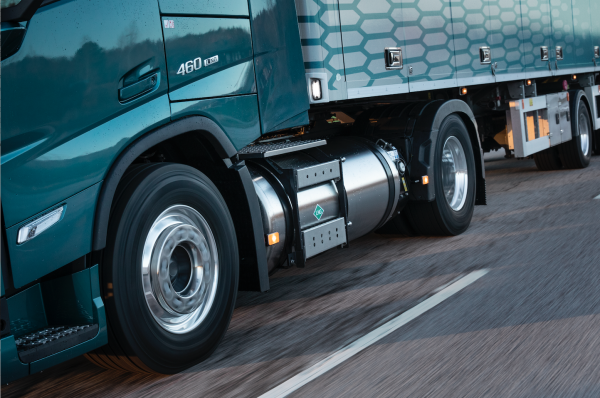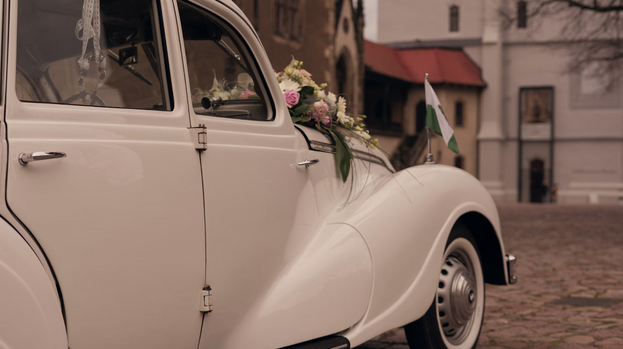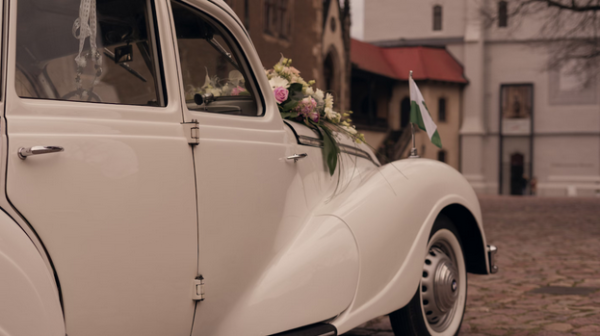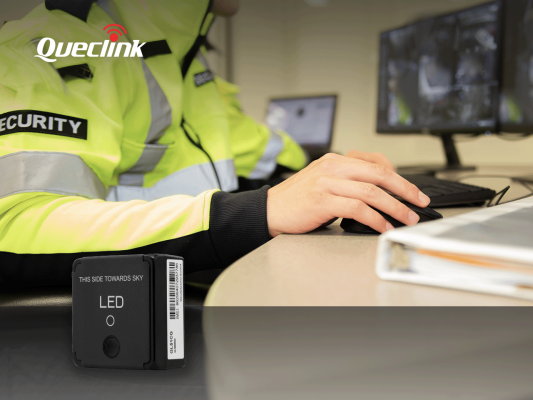

Classic car rental and the logistics challenges of the hire sector
- John Loughran
SHARE:
Facebook
Twitter
LinkedIn
RELATED NEWS
 Unsplash – CC0 Licence
Unsplash – CC0 Licence
